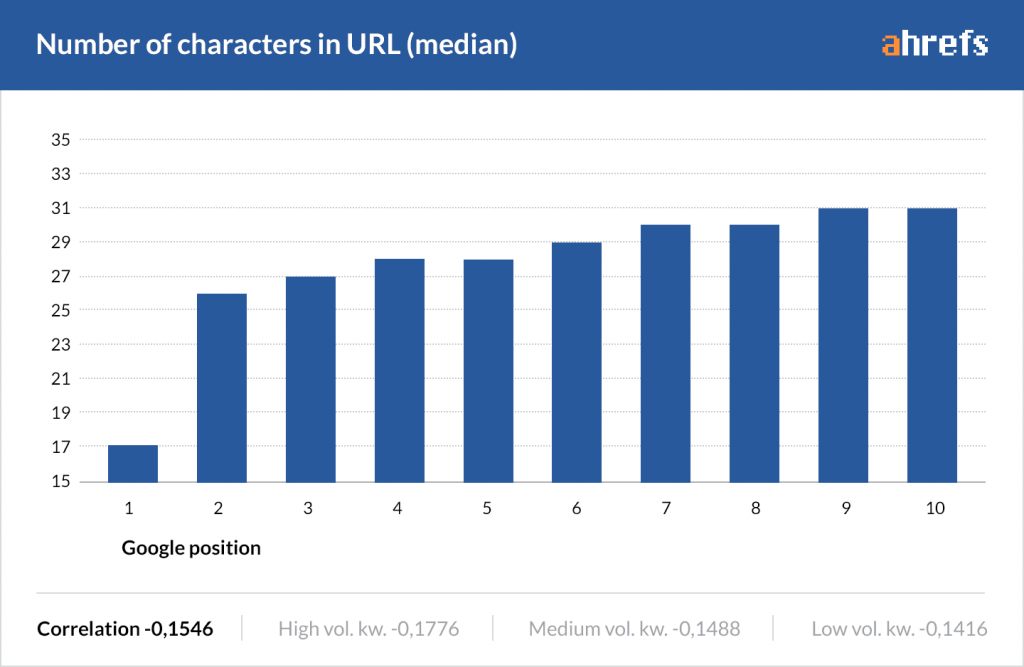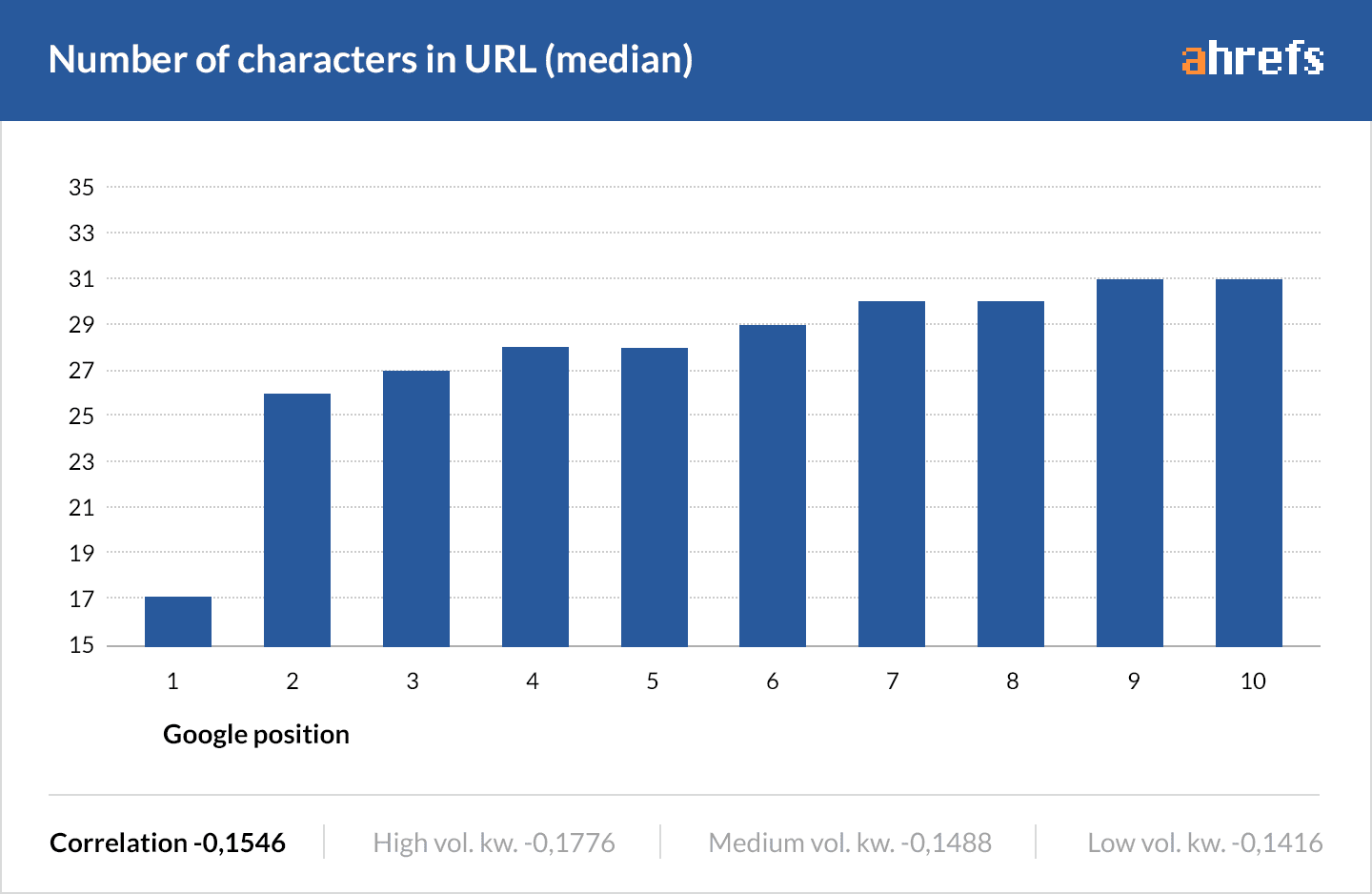75 Stop Words That Are Common in SEO & When You Should Use Them

By cfontanella@hubspot.com (Clint Fontanella)
From blog titles to URL slugs, you might not realize how frequently you use SEO stop words. But, to be fair, if Google doesn’t pay much attention to them, why should you?
Research shows that 25% of blog posts are made up of stop words. However, these words have little to no relevance to the topic of the post. These are words that help you compose sentences and connect ideas together, and they don’t have much impact on Google’s search results.
But, excessive use of stop words can impact your brand in the long run. They make content harder for search engines to process which can end up negatively affecting how they index your pages.
In this post, we’ll walk you through exactly what SEO stop words are, how they can hurt — or help — your online presence, and which words are considered stop words by Google and other search engines.
What Are Stop Words in SEO?
We use stop words all the time, whether we’re online or in our everyday lives. These are the articles, prepositions, and phrases that connect keywords together and help us form complete, coherent sentences.
Common words like its, an, the, for, and that, are all considered stop words. While they’re important for communicating verbally, stop words typically carry little importance to SEO and are often ignored by search engines.
Let’s review some of the most common stop words in the section below.
Common SEO Stop Words
The most common SEO stop words are pronouns, articles, prepositions, and conjunctions. This includes words like a, an, the, and, it, for, or, but, in, my, your, our, and their.
When people search for something online, search engines like Google omit these words in their results because they don’t relate to the keywords in the search. So, rather than looking up content that’s related to these words, Google removes them altogether and prioritizes the keywords.
So, the next time you’re trying to hit a word count when writing a blog post, try filling that open space with keywords rather than filler copy that doesn’t improve your SEO.
While it would be great to load up your content with only meaningful keywords, the reality is that stop words are needed for every type of copy. After all, even if you rank highly on Google, it won’t mean much if your content is incomprehensible or doesn’t resonate with your audience.
Are Stop Words Beneficial for SEO?
There’s a time and place for SEO stop words. First and foremost, stop words help the reader understand the content. It can be confusing to read titles and subheaders without stop words.
You also might find instances where stop words help you differentiate between two topics. For example, you can search ‘flamingos’ and you’ll see information about beautiful, bright pink birds. Add ‘the’ to the front, and you’ll be directed to YouTube to listen to the band, The Flamingos. This tiny, three-letter stop word makes a world of a difference in …read more
Source:: HubSpot Blog









